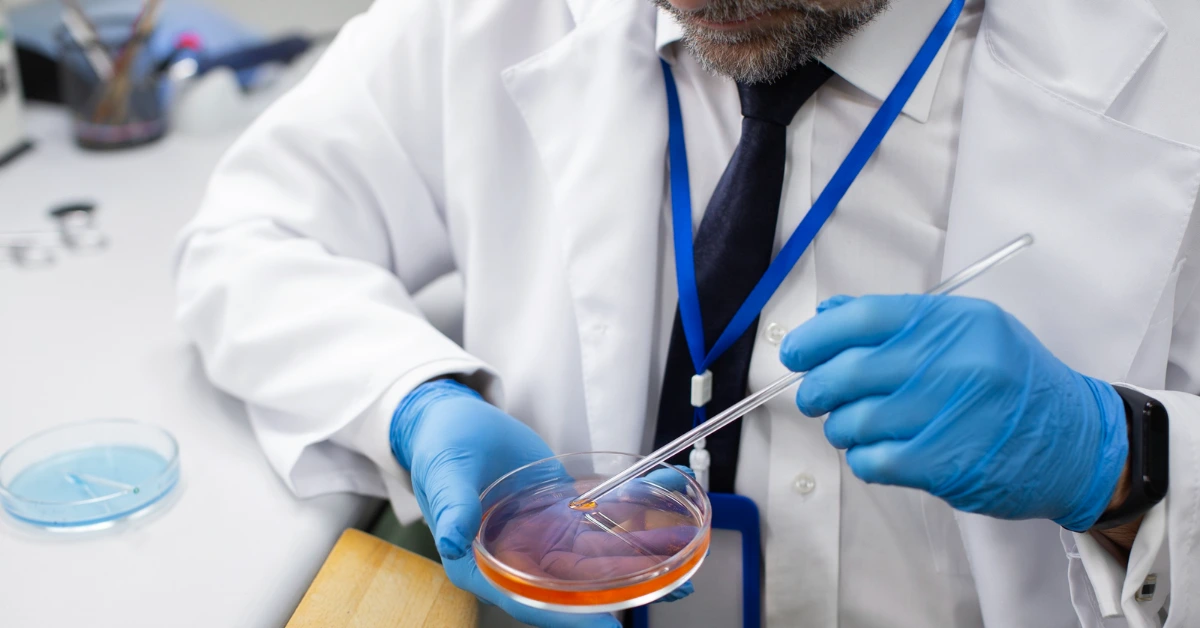Hippocrates, the father of modern medicine, once said, “All disease begins in the gut.” While not entirely true, modern science shows that the gut microbiome plays a major role in chronic conditions like obesity, diabetes, and autoimmune disorders.
Your gut microbiome isn’t just about digestion, it influences immunity, metabolism, brain health, and even hormones. When harmful bacteria outnumber good bacteria, they can damage the gut lining, release toxins, and trigger inflammation. Over time, this imbalance can lead to metabolic disorders, fatigue, skin problems, and digestive issues.
This is why a Gut Microbiome Test in Hyderabad can be a crucial step in identifying problems early and restoring balance.
What Is a Gut Microbiome Test?
The gut microbiome is home to trillions of organisms,bacteria, viruses, and fungi,that play essential roles in digestion, nutrient absorption, and immune defense. A gut microbiome test analyzes these microbes using a stool sample to determine whether your gut is healthy or imbalanced.
By identifying the ratio of good to bad bacteria, the test helps doctors provide personalized dietary and lifestyle recommendations.
Who Should Consider a Gut Microbiome Test?
You may benefit from the test if you experience:
- Persistent bloating, constipation, or diarrhea
- Frequent acid reflux or indigestion
- Unexplained fatigue or low immunity
- Skin conditions such as acne or eczema
- Struggles with weight management or metabolism
Even if you have no symptoms, you can still take the test to gain insights into your gut health and take preventive steps.
How Do Gut Microbiome Tests Work?
Different microbiome tests offer varying levels of detail. The two most common types include:
1. Clinical Stool Tests
- Conducted in labs or hospitals
- Detect gut infections, inflammation, or conditions like IBS and IBD
- Bacteria are grown in culture to identify harmful microbes
- Doctors use results to suggest treatment options
2. DNA Sequencing (Shotgun Metagenomics)
- A more advanced and accurate method
- Extracts DNA from stool to identify bacterial diversity and balance
- Reveals detailed insights about beneficial vs. harmful microbes
- Helps detect imbalances linked to food intolerances or metabolic disorders
Gut Microbiome Test Procedure
The process is simple, safe, and non-invasive:
- Book your Gut Microbiome Test in Hyderabad online or at a diagnostic center.
- Receive a collection kit with instructions.
- Collect a small stool sample at home.
- Send the sample back to the lab for DNA sequencing or culture analysis.
- Receive your digital or printed report within 3–5 days (may vary).
- Consult a gastroenterologist for personalized treatment or diet advice.
Understanding Gut Microbiome Test Results
Your report will usually include:
- Microbial Diversity Score: A higher score (7–10) indicates a healthy gut.
- Good vs. Bad Bacteria Ratio: Beneficial bacteria should make up at least 85%.
- Pathogenic Bacteria Levels: High counts suggest dysbiosis or infection.
- SCFA Levels: Healthy butyrate levels are vital for gut lining and immunity.
- Inflammation Markers: Elevated levels may indicate leaky gut or chronic inflammation.
If results show imbalances, consult a trusted gastroenterologist such as Dr. K V Dinesh Reddy in Hyderabad for expert guidance.
Benefits of Gut Microbiome Testing
- Early detection of gut imbalances
- Personalized diet and probiotic recommendations
- Better management of IBS, IBD, and food intolerances
- Improved immunity and metabolism
- Enhanced digestive comfort and overall well-being
FAQs on Gut Microbiome Test
- What is the gut microbiome?
The gut microbiome is a community of trillions of bacteria, viruses, and fungi in your digestive system that impact digestion, immunity, and overall health. - How do I know if my gut microbiome is unhealthy?
Signs include bloating, gas, constipation, frequent infections, fatigue, and skin issues. - Is the gut microbiome test painful?
No, the test is completely non-invasive. It only requires a simple stool sample. - How long does it take to get results?
Most labs in Hyderabad provide results within 3–7 working days. - Can I improve my gut microbiome naturally?
Yes. Eating fiber-rich foods, fermented products like yogurt, and avoiding excess antibiotics can help restore balance. - Who should interpret the results?
A qualified gastroenterologist should review your results and suggest lifestyle or medical interventions.


